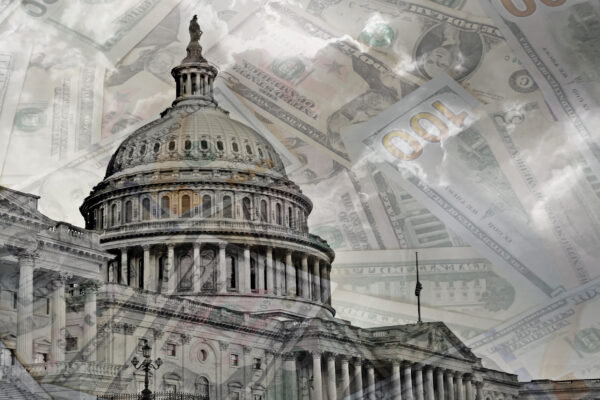The Winston Group’s David Winston writes about the latest NAEP scores in today’s Roll Call:
The NAEP results are beyond sobering. The tests found that 40 percent of the country’s fourth graders and a third of eighth graders were “below basic” in reading, incapable of understanding even the central idea of a text. For these children, it means they are dramatically hampered in their ability to learn.
The math numbers are equally alarming. Twenty-four percent of fourth graders and 39 percent of eighth graders were below basic in math, meaning those fourth graders are unable to add or subtract multidigit whole numbers, identify even and odd numbers or read and interpret scales and tables, while those eighth graders are unable to use operations to solve real-world problems involving fractions or determine measurements like area and volume even with the aid of a labeled diagram. With math-based skills becoming even more essential in this age of AI, another generation of American children without those skills puts them and the country at risk.
… What’s the solution? It starts with a focus on student outcomes and accountability, and an emphasis on how America’s students are actually performing. President and CEO of the Bipartisan Policy Center (and former Secretary of Education) Margaret Spellings called the NAEP scores “a wake-up call for accountability.” Louisiana emerged as one of the few bright spots in the NAEP data, as the only state whose fourth-grade reading scores were higher than in 2019. In comments to the education website The 74, John White, state education superintendent from 2012 to 2020, credited their results to the state’s decision to be “transparent about the results schools achieve.”
Now is not the time to abandon tests like NAEP. A renewed emphasis on strong accountability is needed now more than ever to accurately measure, through testing, where students are in their learning using valid, reliable and comparable data. All three of these characteristics are especially important in the context of grade inflation, which 47 percent of the electorate called a “widespread problem” last year. Only 6 percent said it is “not a problem at all.”
Read the full piece here.







